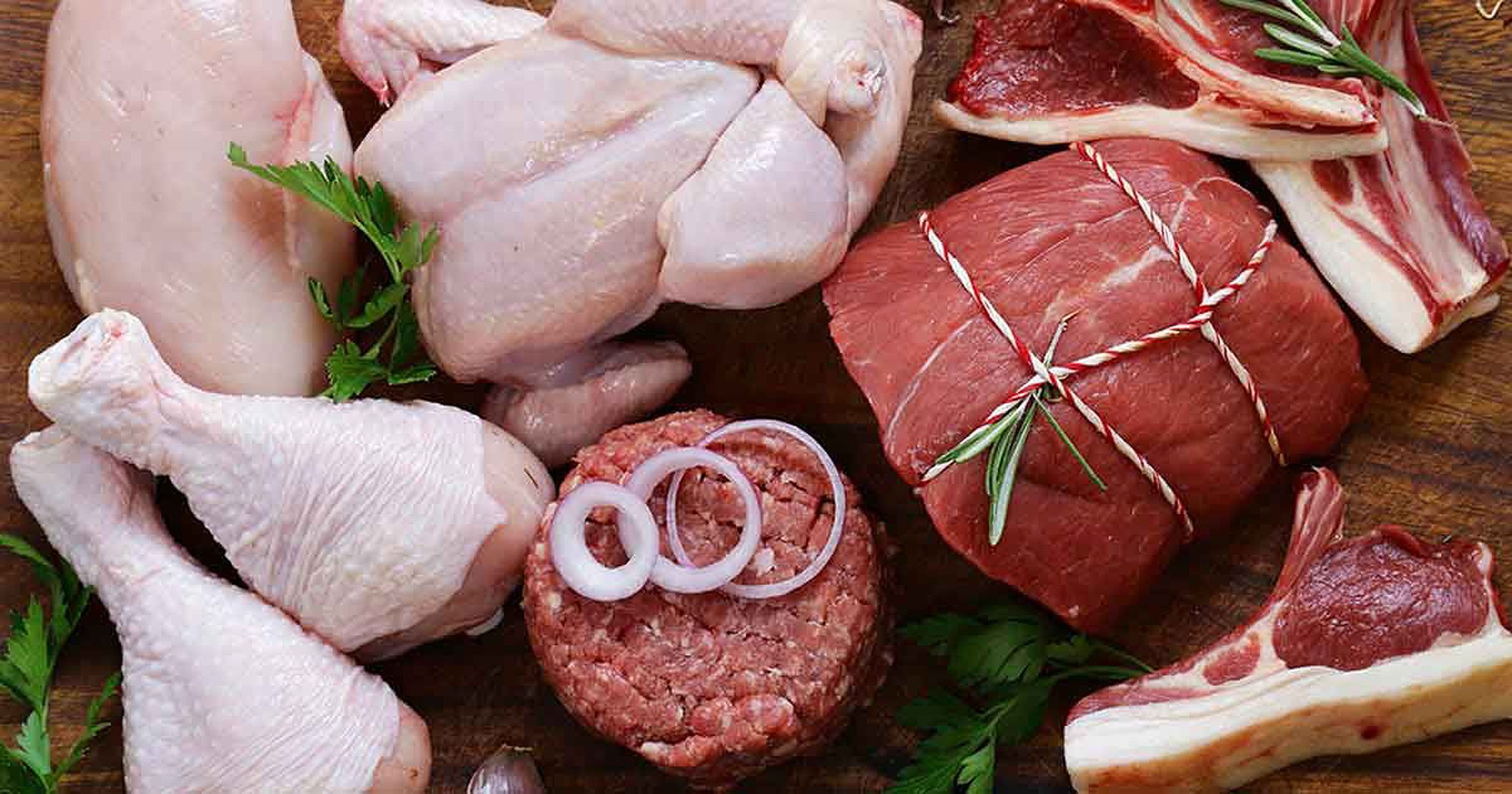Prime
Does meat consumption cause constipation?

Red meat and white meat both are enriched with lots of nutrients. Know which one is more healthier for you.
What you need to know:
- You should, therefore, replace red meat with white meats including chicken, fish and take more fibre-rich foods including vegetables, more legumes and whole grains.
Does meat consumption cause constipation?
I suffer from constipation every time I eat meat. Is there any remedy I can use since I do not want to stop eating meat? Dauda
Dear Dauda,
Constipation is when a person passes stool less than three times a week and inevitably, this stool is hard.
Although it may be caused by diseases in the tube that carries food (gastro intestinal tract), constipation can also be caused by dehydration, lack of dietary fibre in the diet, a sedentary lifestyle and side effects of some drugs.
Eating red meat, refined grains and fast foods as well as taking diary and too much alcohol are also usual causes of constipation.
Red meat not only contains less fibre, it generally contains a lot of fat causing the intestines to take longer digesting it, resulting in more time for the intestines to remove more water, which causes constipation. Since meat has a number of nutritional benefits including the nerve-protecting vitamin B12, you should just change the type of meat you eat.
You should, therefore, replace red meat with white meats including chicken, fish and take more fibre-rich foods including vegetables, more legumes and whole grains. You should also take enough water, take brisk walks or swim since physical exercises every other day of the week can be useful in relieving constipation.
####################################################
Should I rinse immediately after brushing?
You have advised us to brush our teeth for two minutes twice a day and floss once a day. Is it good to rinse the mouth immediately after brushing? M
Dear M,
Brushing one’s teeth can help remove food remains which encourage the formation of plaque, a sticky film made up of bacteria that can build up and cause tooth decay and gum disease, among others. Brushing also prevents breath odour while generally making teeth look clean and attractive.
Tooth decay not only leads to serious toothache but when severe, it can affect the victim’s general health due to the germs passing through the holes in the teeth and causing infections to the rest of the body. Tooth decay also leads to weakening of the immune system, leading to fatigue and an increased risk of many other illnesses.
Brushing one’s teeth twice a day with a soft-bristle toothbrush (too much pressure or overzealous brushing can spoil the enamel and gums) and fluoride toothpaste for two minutes each time, and flossing once a day before brushing can help remove food and plaque, keeping the mouth, gums and teeth healthy. A toothbrush should be replaced once the bristles get splayed or every three to four months.
After brushing, it is good to spit out any excess toothpaste but not to rinse the mouth immediately since this is likely to wash away the concentrated fluoride in the remaining toothpaste reducing the fluorides, preventive effects (unless one is rinsing with a mouthwash containing fluoride).
Eating or drinking fluids within 30 minutes after brushing should also be discouraged since this can also remove the fluoride.



